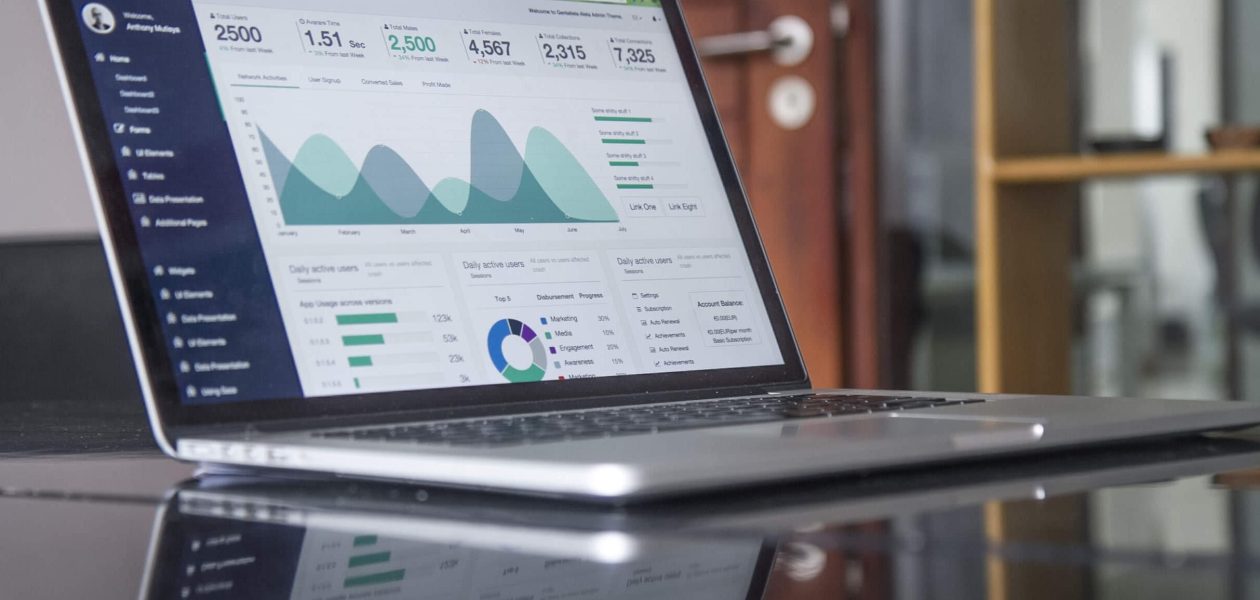We’ve all been in team meetings where everyone has great ideas, but the loudest, most influential, or highest-ranking person in the room shuts them down. This “because I said so” way of making decisions doesn’t help anyone. It doesn’t take into account what people on the team think or any important business data.
Data is important for making decisions because it adds a voice that is both neutral and well-informed. Data affects almost everything we do every day, like looking at the cars around us before we change lanes on the highway or reading reviews before making a reservation at a restaurant. Why should it be any different when it comes to making important business decisions?
The problem for many businesses isn’t getting the data; it’s how to use it. Companies collect information about everything from sales and marketing to how customers interact with them. Still, over 70% of organizations aren’t making everyday decisions based on it.
Because only a few people have the keys to the data, there is a disconnect.
Table of contents
Why is Data Center Important in a Business?
No longer can it be ignored that data centers play a crucial role in the success of any company. Businesses in the modern day depend heavily on data and the internet. Therefore, data backup is the primary safeguard that companies can have to assure continuous operations. It is also used to safeguard information within an organization against physical harm, theft, malfunctioning software, and natural disasters.
If the data is lost or disrupted, the company can get it back thanks to the data center. Unless you have a backup, lost data can’t be recovered, unlike tangible assets like buildings that can be rebuilt after a disaster thanks to insurance. Because of this, a company’s data center is of paramount significance.
Required Criteria of a Reliable Data Center
- Security from every angle: the data center must be built in a way that makes it resilient against any and all attacks. Problems caused by human mistakes, failed applications, natural disasters like fires and floods, and even man-made disasters like theft and sabotage must be resolved.
- Convenient plan: The design of a data center should prioritize ease of access and use. This implies that the design will not necessitate major changes to the company’s current IT infrastructure. However, it should give you enough bandwidth to meet your needs and those of the business.
- Cost: The data center must have a reasonable price.
The power of democratizing data
In most companies today, data is kept in isolated departments rather than shared between managers and departments. The marketing department has information about search engine optimization and social media activity, while the sales department has information about upcoming customer interactions. Although this information is most useful to certain departments and teams within an organization, it can also be of use to others.
There can’t be gatekeepers when data is this influential in making decisions. Businesses must make sure that all employees have constant and unrestricted access to relevant information if they want to be successful. They are giving workers the tools to work together more effectively, do their duties more efficiently, and make more educated decisions that will have a positive effect on the company’s bottom line.
Here are three ways organizations can bring data into the center of their business:
1. Turning every employee into a data scientist
You’d have to be a data scientist to understand all that data, and the general public views it as too difficult and unapproachable. The truth is, though, that you don’t have to be a data scientist to gain insights from data.
Every day, teams are guided by a set of data that reflects the status of several metrics, such as sales, marketing channel engagement, staff morale, and the achievement of set objectives. All of these statistics are easily digestible by workers and are used by them to make informed decisions.
Even if an employee doesn’t know a lot about data, they can use tools to analyze and see the data quickly. Despite the continued need for data scientists, businesses don’t have to completely remove access to data from their staff. Workers will be more conscientious about using data when they view it as something to approach rather than something to avoid.
2. Offering the full view of data to make decisions – right away
Oftentimes, data is scattered and inaccessible to a large number of staff members.
Since more and more work is done in a hybrid, remote setting, teams have to rely on a wide variety of tools to do their jobs effectively. Communication tools, project management tools, dashboard tools, collaboration tools, job-specific tools, and even employee tools can make your day easier no matter what you’re working on or where you are. Due to the independent nature of these resources, data is kept in silos. Not just information about how teams are utilising these platforms but also the actual business information that is housed there. This company information will serve as the basis for making choices.
Teams require a central hub where all data can be accessed and analysed for them to have any chance of making sense of it. This big-picture view is necessary to accurately measure results, spot patterns, and look ahead to possible opportunities.
3. Creating a data-driven culture
Once all company data is stored in one place and used by everyone in the company, a “data-driven culture” can be created. While it won’t happen quickly, data will become central to the business as more people recognize its value in teamwork, routine work, and strategic decision-making.
Putting data in the spotlight helps businesses create a culture that is based on data and gives people a sense of personal responsibility. This empowers workers to make decisions and fosters a sense of belonging by making them feel like they have a stake in the company’s success.
Making decisions solely based on who is the most outspoken or intelligent person in the room is bad for business. Instead, data insights should drive cooperation and decision-making. But this can only be done if data is at the center of a business and is used in every part of its operations. Using data in every part of work makes decisions better and makes people more productive.



